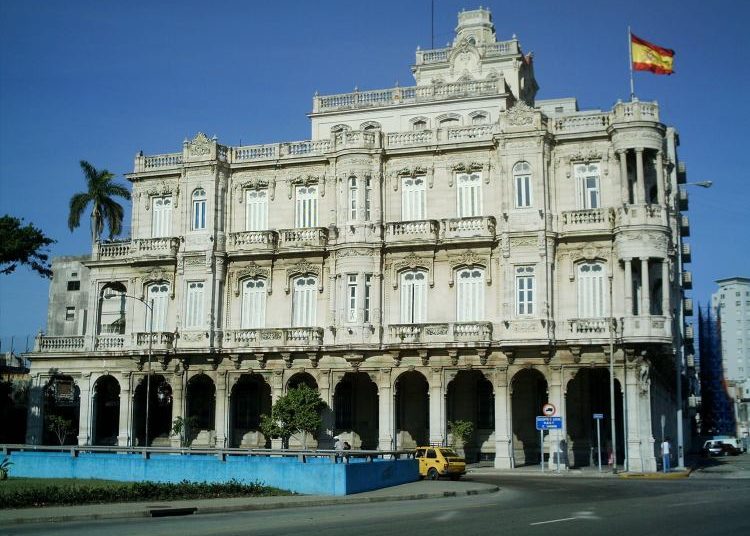The Spanish Foreign Ministry announced this Monday that it will open a consulate in the city of Camagüey, in central-eastern Cuba. It will be Spain’s second on the island, after the one in Havana.
The increase in Spanish consular presence in Cuba will be, as in other countries, a tool to meet the growing network of expatriate Spaniards, in addition to attracting tourism and business, El País reported.
After a stage of “withdrawal of consulates abroad” as a result of the economic crisis, Spain is working on opening new consular offices in other countries, or strengthening the 182 that it has worldwide, the publication says.
According to El País, since 2006, just before the crisis, the number of Spaniards who emigrated has grown by 75%.
Those 2.8 million expatriate citizens need consular offices to carry out important procedures, such as those related to identity documents and participation in elections.
For the Spanish government, one of the main goals is to streamline the processes that open the door to tourists and businesspeople. In 2018 alone, the consulates processed 1.7 million visas of that type.
Cuba and Spain seek to consolidate dialogue and bilateral cooperation
Cuba, on the other hand, was the country that received the most applications for Spanish nationality through the so-called Historical Memory Law, which recognized the right of children and grandchildren of Spanish emigrants to receive Spanish nationality.
Until 2018, around 150,000 Cubans had a Spanish passport and, since the implementation of the aforementioned Law, at least 70,000 expect to be recognized as citizens of that European nation. With the socialist Pedro Sánchez in charge of the Executive―an open possibility given his victory in the most recent elections―those figures could grow.
Spain has a consulate in Havana, located on Zulueta Street, corner of Cárcel. Three other honorary vice consulates operate in the cities of Santa Clara, Camagüey and Santiago de Cuba.










